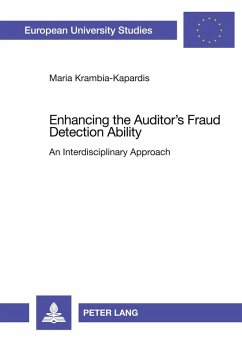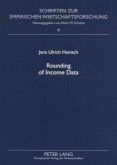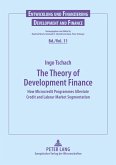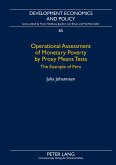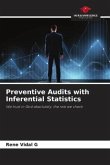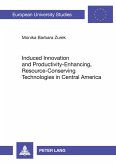There has been much debate about the auditor's role in fraud detection. Since auditors lack sufficient skill and experience to have a reasonable chance of detecting fraud, it is argued they should look to other disciplines for useful knowledge. This book draws on criminology, psychology and sociology to put forward a model of fraud aetiology which was tested in a study of major fraud offenders. Attention then focuses on a survey of auditor's experience in detecting material irregularities in the financial statements which tested the usefulness of an eclectic fraud detection model that includes the fraud aetiology model as one of its components.
Bitte wählen Sie Ihr Anliegen aus.
Rechnungen
Retourenschein anfordern
Bestellstatus
Storno

